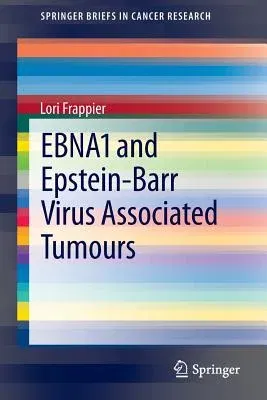Lori Frappier
(Author)Ebna1 and Epstein-Barr Virus Associated Tumours (2013)Paperback - 2013, 2 April 2013

Qty
1
Turbo
Ships in 2 - 3 days
In Stock
Free Delivery
Cash on Delivery
15 Days
Free Returns
Secure Checkout

Part of Series
Springerbriefs in Cancer Research
Print Length
43 pages
Language
English
Publisher
Springer
Date Published
2 Apr 2013
ISBN-10
146146885X
ISBN-13
9781461468851
Description
Product Details
Author:
Book Edition:
2013
Book Format:
Paperback
Country of Origin:
NL
Date Published:
2 April 2013
Dimensions:
22.61 x
14.99 x
0.51 cm
Genre:
Science/Technology Aspects
ISBN-10:
146146885X
ISBN-13:
9781461468851
Language:
English
Location:
New York, NY
Pages:
43
Publisher:
Weight:
113.4 gm